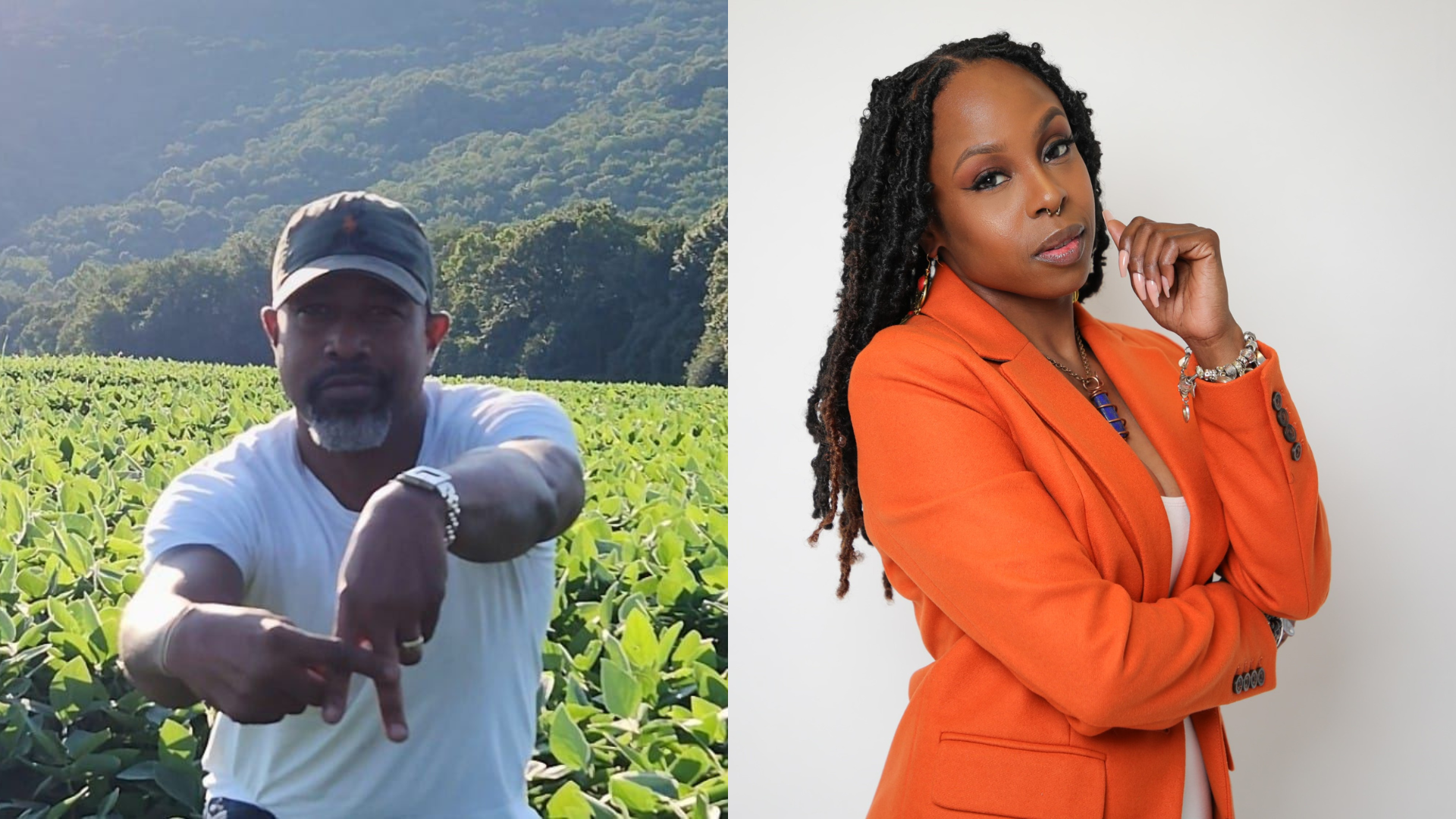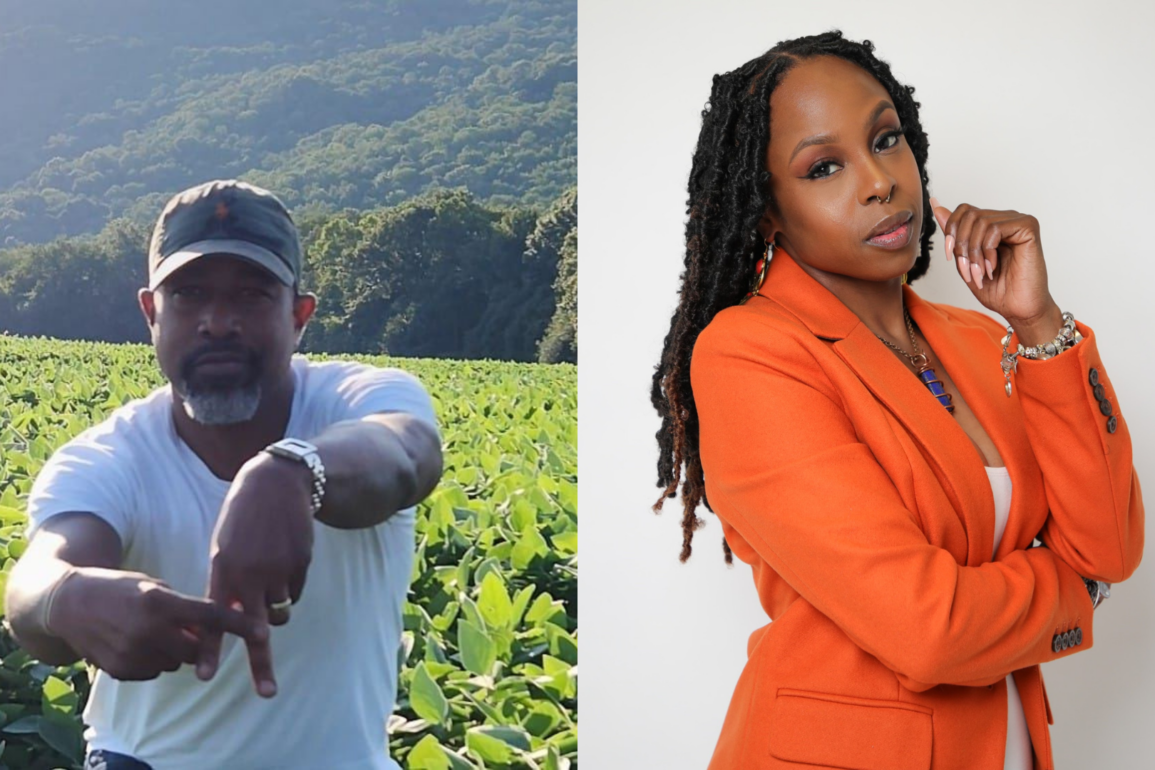
Recently on “The WAOK Morning Show” with special guest host Shar Bates, Vice Chair of the Fulton County Reparations task Force Marcus Coleman joined the program to discuss The reparations movement taking center stage in New Orleans for a National Reparations Summit and updates on the efforts in Georgia and the significance of the upcoming conference.
Mr. Coleman emphasized that reparations are not merely a political issue but a crucial demand for many communities. In Fulton County, where the Reparations Task Force has been active for over three years, a comprehensive report detailing historical injustices is set to be released by the end of the year. This report aims to outline the disparities faced by descendants of enslaved individuals and propose legislative changes to address these systemic issues.
The recent developments in California serve as a reminder of the challenges faced by the reparations movement. After significant progress, including a land seizure bill that passed through legislative chambers, the governor’s veto highlighted the political obstacles that often impede reparative justice efforts. Advocates are increasingly frustrated by the tendency of political leaders to prioritize electoral considerations over substantive commitments to reparations.
The National Reparations Summit features key figures in the movement, including Dr. Cornel West and Former Ohio state Senator Nina Turner. The event aims to unify advocates, scholars, and community leaders around the cause of reparations, reinforcing that it is a fundamental issue that encompasses various social justice concerns such as housing, education, and economic opportunity.
Mr. Coleman called for a comprehensive approach to reparations, advocating for more than just financial compensation. He stressed the need for land restitution and long-term programs designed to empower affected communities. This perspective emphasizes the idea that reparations are a necessary step toward addressing the historical injustices that have contributed to ongoing disparities.
To listen to the full interview, click the link above.


